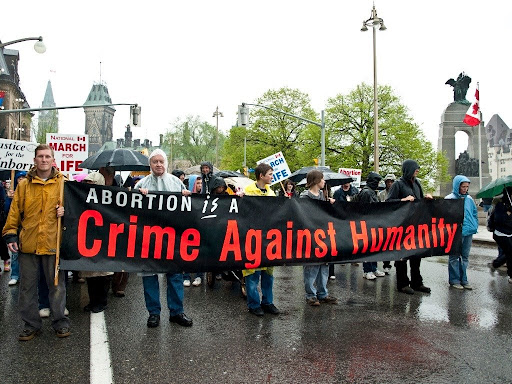The Parliament of Canada is soon expected to debate private member’s Bill C-384, an Act to amend the Criminal Code (right to die with dignity), which aims at legalizing euthanasia and assisted suicide in Canada.
Those wishing to re-open this debate are no doubt motivated by concern for the sufferings of others. An unfortunate understanding of compassion has led them to suggest euthanizing the most vulnerable instead of providing them with proper care, effective pain control, and social, emotional and spiritual support until their natural death. It is always important to be as clear as possible about intentions and possible consequences when we consider human acts, so as to assure the greatest good and limit any harm to the persons directly affected and also to the wider community.
Unfortunately, some of the terms being proposed for this debate are misleading or unclear. This can only lead to discussions that are confusing and unhelpful, and also makes it difficult to find common ground from which to assess the risks and impact of
proposals for new legislation.
From the Catholic perspective, it is legitimate to use medication and other means to alleviate suffering, even if a side effect can be the shortening of life expectancy. It is also legitimate for someone to refuse medical procedures that are found to be especially
burdensome. But what is never acceptable is the direct and intentional killing of the depressed, handicapped, sick, elderly or dying (Catechism of the Catholic Church, nos. 2276-77).
It is hard to see how any legislation legalizing euthanasia and assisted suicide would protect the most vulnerable in our society. What confidence and trust could they possibly have that their lives would continue to be protected by health-care providers, family and friends, or society at large? Euthanasia and assisted suicide, by their very nature, mean there is no longer a common duty for all to protect the lives of others. There is also the well-founded fear that euthanasia and assisted suicide can be imposed on individuals as a way to save costs and lessen demands on care-givers. Inevitably, the result would be a society even more fragmented, with its members living in greater isolation and anxiety.
As this debate resumes in our country on such an important question, the Catholic Bishops of Canada invite:
- The members of the Parliament of Canada – elected representatives in the House of Commons as well as Senators – to use clear definitions in their upcoming debates, and also to consider the profound impact that such legislation would have on the lives of individuals and on the wider community;
- All Canadians to become better informed about euthanasia and assisted suicide, and to promote instead palliative and home care to help those in need and their care-givers;
- Catholics, our brothers and sisters who belong to other Christian communities orother faiths, and all who appreciate the beauty and dignity of life, to engage in this debate civilly and respectfully, so as to witness a profound reverence for the
inherent dignity of each and all human life.
Most Reverend V. James Weisgerber
Archbishop of Winnipeg
President of the Canadian Conference of Catholic Bishops
Courtesy - CCCB




